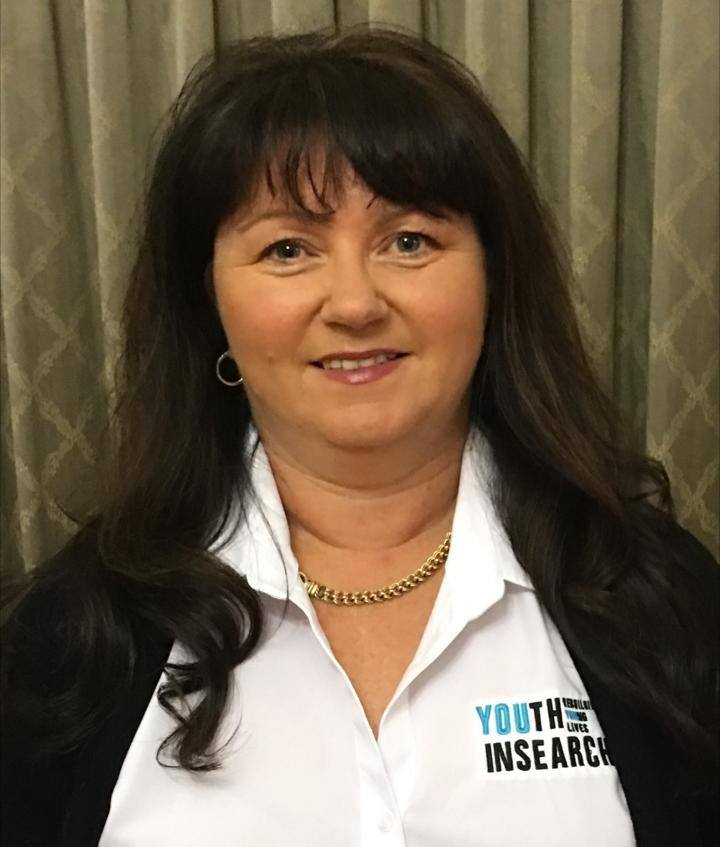Meet a Social Worker
We caught up with Sharon Schofield, who is a Social Worker at Youth Insearch, Victoria. After holding some corporate positions in the past, Sharon decided to pursue a career in Social Work. She has worked at Youth Insearch for over 12 years and continues to inspire and motivate young minds.
1.What courses did you study to become a Social Worker? And tell us a bit about your current role?
I completed a Diploma of Community Services as well as a few shorter course such as Youth Mental Health First Aide, Suicide Prevention – Lifeline & Wesley Mission Courses as well as “Making a difference – Childhood Trauma” run by Knight Lamp.
My current role is the State Coordinator for Youth Insearch – a not for profit, early intervention program of counselling, support, mentoring and empowerment of at risk young people aged 14-20 delivered through weekend workshops, support groups, peer support & leadership and individual care.
2.What does a Social Worker do on a day-to day basis?
Our role varies a lot, before a weekend program, there is a lot of administrative tasks with registration paperwork, transport logistics and briefing of young people and their parents and carers, sorting through program supplies. Then there is the Weekend Program where we provide the support, mentoring and empower the youth to bring up their challenges, issues, and traumas and then assist them to move forward from there. We then, link them into other support services as required, for example, Drug & Alcohol, Sexual Abuse Counselling or general counselling and providing the aftercare through our support groups with weekly goal setting and problem-solving.

Sharon Schofield from Youth Insearch.
3.What do you think are the skills a Social Worker should have?
Being non-judgmental, really listen to what they are saying (often young people say no one listens –but I want to listen to them.), be prepared for all almost anything, knowing your best practice principals and basing your actions from there. Having emotional intelligence can’t be learnt it is skill however that can be developed. It is also important to empower young people to have the skills and tools themselves to work through situations then you aren’t rescuing them, you are teaching them how to deal with situations when you may not be around. We are about giving a hand up – not a hand out, empowerment is the key.
4.What are your favorite things about working in the Social Science industry?
The absolute privilege it is to watch young people come in when you first meet them with no self-esteem, confidence, life skills or feeling powerless in their circumstances, to be able to share the journey of empowerment with them and to see them take control of their lives again, is the most rewarding experience.
To have them come back a few years later talking about how their life is now, or you see them married, living independently or becoming the loving, caring parent they had always hoped for themselves.
5.What advice would you give students aspiring to work in the Social Science industry?
Make sure that you have dealt with your own issues before entering into this industry. Along with practicing good self-care habits like exercise, debriefing, socializing with family and friends and recharging the batteries. It is important to understand that no one can empower or assist anyone if they can’t either recognize it or want to make the necessary changes, all you can do is support them until they are ready.
Thank You, Sharon, for sharing your story with training.com.au
